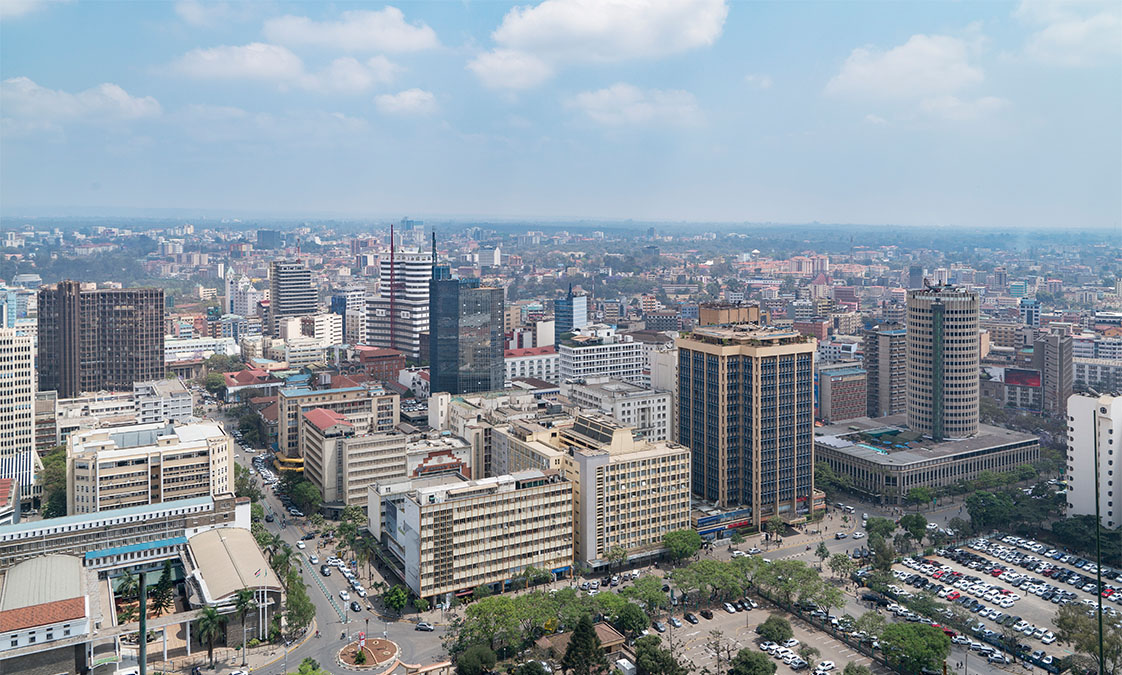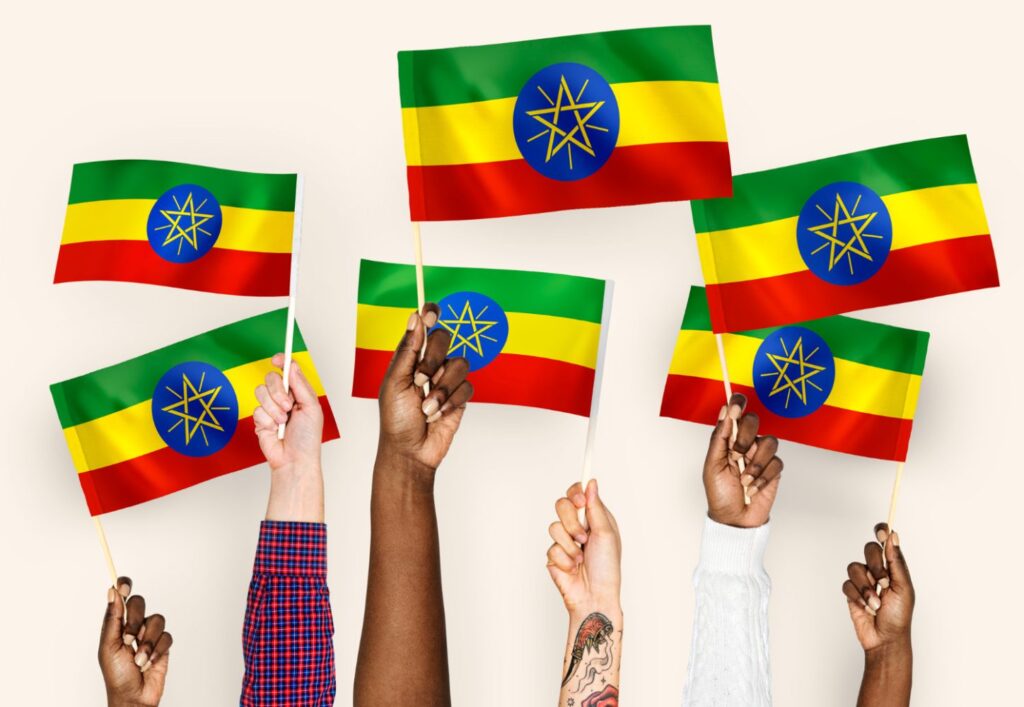In January 2024, Kenya found itself in the grip of an economic crisis. The government’s high debt levels, coupled with a heightened risk of default, triggered an economic downturn. The ripple effects were felt across the economy: the Kenyan shilling depreciated at an unprecedented rate, fuel prices soared and the cost of living skyrocketed, leaving many struggling to make ends meet. This situation was not unique to Kenya. Similar debt crises in Ghana and Zambia had already plunged those nations into economic distress, illustrating how unsustainable sovereign debt can devastate economies and, by extension, the lives of ordinary citizens. But there’s a side to this story that is often overlooked: the disproportionate impact of these economic downturns on women. While sovereign debt crises affect entire populations, women often bear the brunt of the consequences due to their unique socio-economic vulnerabilities.
The hidden burden on women
Women in Africa, especially in rural areas, already face significant challenges. They are more likely to be employed in low-paying jobs, have fewer savings and possess less wealth compared to men. Many women and girls work in the informal sector, where job security is negligible, and incomes are unstable. Additionally, women are often responsible for unpaid care and domestic work, which limits their time and opportunities to engage in income-generating activities.
A study by Action Aid revealed that rural women in Africa typically work up to 16 hours a day, balancing multiple tasks often simultaneously. Women typically work 12 hours more per week than men. In countries like Ghana and Rwanda, rural women spend at least six hours daily on unpaid care work alone. This heavy burden leaves them with little time for paid work, further constraining their financial independence. When a country faces a debt crisis, the government is often forced to implement austerity measures, such as cutting public spending and increasing taxes. Women are affected most by cuts in public spending particularly in sectors like education, health and agriculture where women are disproportionately represented. For example, when subsidies for fertilisers and agricultural extension services are slashed, it is often women who must find an alternative means to support their families, further diminishing their economic prospects.
The intersection of debt, gender and climate change
Climate change and related challenges add another layer of complexity to the issue of gender and sovereign debt. Women, particularly those in agriculture, are already vulnerable to the effects of climate change. Unsustainable debt exacerbates these challenges by reducing government spending on essential services that could help women adapt to changing environmental conditions. For instance, cuts in agricultural support services make it harder for women to sustain their livelihoods, perpetuating the cycle of poverty and gender inequality.
A gender-sensitive approach to sovereign debt management
Given the significant impact of sovereign debt on women, it is crucial for African countries to adopt a gender-sensitive approach to debt management. This approach should include gender-responsive budgeting (GRB), which ensures that the needs and priorities of all segments of the population, particularly women, are considered in the budget-making process. There is also an opportunity for countries to leverage innovative financial instruments like gender bonds to mobilise and channel funds to close the gender finance gap. FSD Africa has been a forerunner in supporting the issuance of gender bonds in Tanzania and Morrocco and we have also supported the development of a toolkit for Africa-focused gender bonds. Such initiatives can stimulate economic growth by empowering women financially, boosting domestic resource mobilisation, and ultimately leading to more sustainable debt management strategies in the region.
Empowering women through strategic resource management
By embedding gender-inclusive strategies in initiatives like the African Continental Free Trade Area (AfCFTA), countries can create more opportunities for women to participate in the formal economy. AfCFTA, the world’s largest free trade area by population, holds significant potential to address the gender dynamics of sovereign debt. By promoting intra-African trade, AfCFTA can stimulate economic growth and diversification, creating employment opportunities for women, many of whom are engaged in informal and small- scale trading. Gender inclusive strategies under AfCFTA can enable women entrepreneurs to expand their businesses and access new markets, contributing to national revenue and reducing deficits that necessitate significant borrowing . Africa has a rich natural resource base, strategic and inclusive management of these resources can help address the gender dynamics of sovereign debt in the region. By ensuring that women have economically meaningful participation in sectors like manufacturing and agriculture especially in value addition, African countries can generate additional revenue streams while promoting gender equity. Policies that support women’s access to trade capital, training and technology can further strengthen their economic resilience, and increase their contribution to national resources. This will enhance domestic resource mobilisation and reduce the need for external borrowing.
The path forward
As African nations navigate the complexities of sovereign debt, it is imperative that they adopt policies that recognise and address the unique challenges faced by women. Governments should integrate gender-sensitive approaches into their debt management strategies and leverage broader synergies to empower women through strategic resource management. This will enable them to not only mitigate the adverse effects of debt on women but also harness their potential as key drivers of economic growth. In doing so, Africa can move towards a more equitable and sustainable future, where the burden of debt is shared more fairly and where women have the opportunity to thrive and actively contribute to economic growth.





